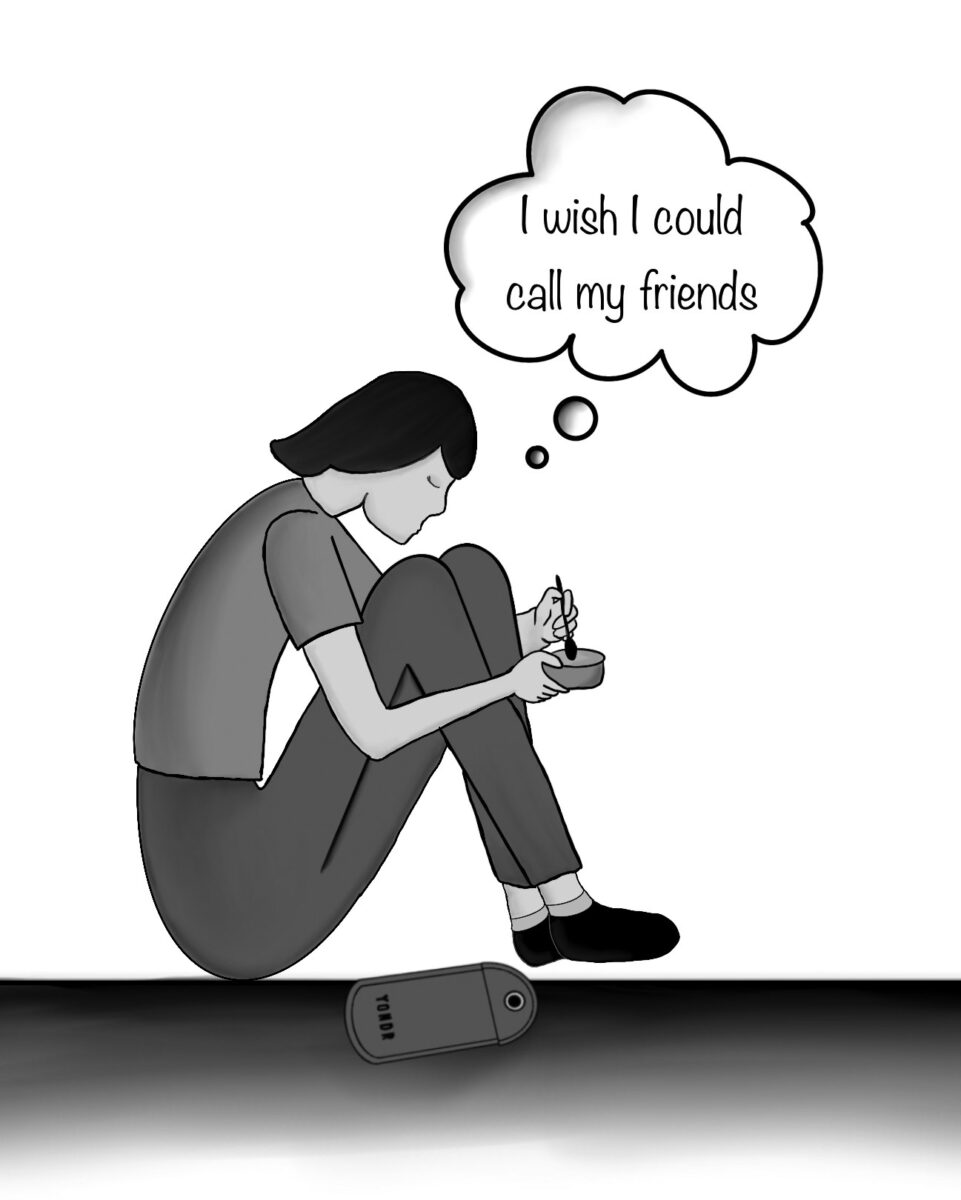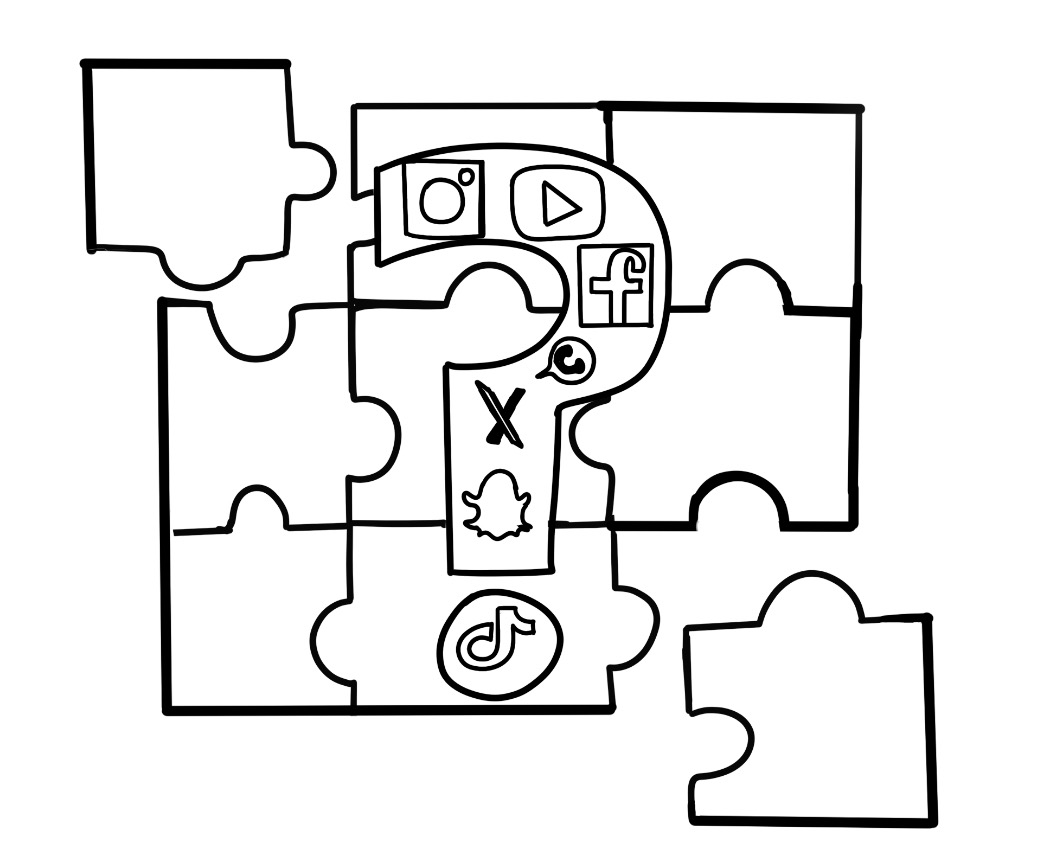In 2013, at the age of 19, former Redwood student Max Wade went on trial for attempted murder and for the robbery of Guy Fieri’s car and was facing up to 20 years in prison. Student journalists Riley Overend and Giorgio Cico sought to cover the trial for the Bark, not knowing that Cico would be the only person allowed to take a photo of the trial, despite being in a room full of professional, more experienced journalists.
Frequently, student journalists receive unique opportunities because they tend to be viewed in a different light than regular journalists. Students tend to be motivated by educational aspirations, compared to professional journalists, who tend to be driven by profits and publication pressures. As the next generation of reporters, it is essential that students continue to be encouraged and supported in their journalistic pursuits.

In the wake of the August 2023 shooting on the University of North Carolina at Chapel Hill campus, the student publication took to the newsroom to provide solace to their peers, while also evoking the emotions that every student felt on campus that day. While major news outlets reported on the shooting, student journalists gave insight into the experiences and emotions of the shooting from a more personal perspective. No one can capture the stories and experiences of students like the students themselves.
In 2010, Bark alumni Ben Breuner and Michael Weinstein published a series of investigative articles surrounding the traffic ticket targeting of teens in Marin County. They were able to successfully expose Marin’s discrimination against teenagers, pulling them over nearly two times more than adults. As student journalists, the reporters had a unique angle and could utilize their peers’ experiences to create change in their local community. Breuner and Weinstein’s article gained both a local and national spotlight as they were featured on ABC-7 Bay Area News, and later went on to win the Robert F. Kennedy Journalism Award.
While some may argue that student journalists are not qualified to cover the world’s most pressing issues with the sensitivity and depth these topics require, all journalists must begin somewhere. Even professionals make mistakes, and in the journalism industry, the best way to learn is by doing. Student journalists are still held to the same high standards of accuracy and honesty as professional journalists. Additionally, student journalists undergo training from advisers who oversee their work. Over half of all high school journalism advisers have had some media experience, and nearly 93 percent of all college journalism advisers have.
Student journalism allows students to gain critical experience in reporting and editing while
also teaching them journalistic ethics and standards. In an age of misinformation, student journalism is more important than ever, reminding students to ask questions, be conscious of shared information and seek out the truth.
In the past 10 years, our program has doubled in size, despite significant district budget cuts. With the shutdown of the yearbook class, the journalism program has faced challenges. This year, for the first time, the Bark received the majority of its funding from the Redwood High School Foundation (RHSF), as opposed to previous years, when patrons and fundraisers supported the program. This new way of bankrolling has eased the stress of finding funds, allowing the Bark to focus on improving and growing the program rather than just keeping it afloat. The funds provided by the RHSF were utilized for essential costs, such as printing, camera equipment, microphones and even transcription software.
As student journalists, we are grateful for the opportunities we have received to pursue journalism on a local and global scale. From a national award-winning gun control package to an investigativeopinion piece on the nutrition unit in the physical education class, we have had the privilege of highlighting important issues in our community. Each article is a testament to our commitment and passion as student journalists. Moving forward, we hope to
receive ongoing support from our peers, faculty and community so we can reach new heights as journalists. We hope other schools and communities will follow suit and encourage their students to become journalists and actively engage in uncovering and reporting on the important stories that shape our world.












